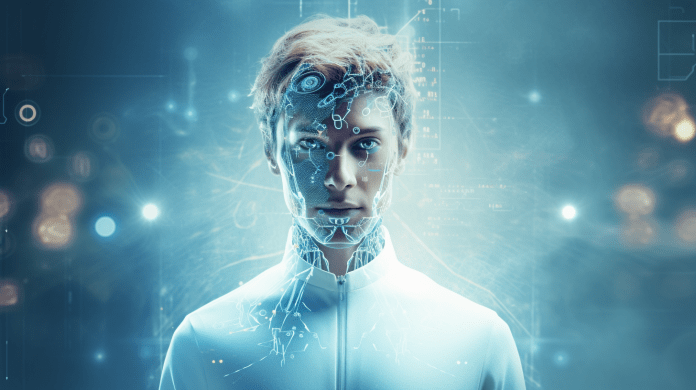Photo was created by Webthat using MidJourney
A.I. and Medicine: An Unavoidable Intersection
A.I. in healthcare has reached a pivotal moment as ChatGPT, a language model, surpasses a significant number of medical students in the U.S. Medical Licensing Exam. The inevitable question is not if A.I. will replace doctors, but when. This op-ed explores the different categories of A.I. tools in healthcare and their potential to revolutionize medical practices.
Unveiling A.I. Technologies in Healthcare
A.I. tools applied in healthcare can be broadly divided into two categories: machine learning, which uses algorithms to learn patterns from data and make predictions, and natural language processing, designed to understand and generate human language. Large language models excel in understanding and generating text, making them invaluable for simulating interactions with providers.
Transforming Medical Practice: A.I. Applications Today
The impact of A.I. on healthcare is already evident, with large language models being employed for administrative tasks like processing medical claims and analyzing records. Supervised machine learning has been embraced in specialties such as radiology, pathology, and cardiology, enhancing image analysis and aiding diagnoses. Notably, the FDA regulates A.I. tools that directly impact patient care to ensure their accuracy and efficacy.
Clinical Decision Support Software: The Brainy Assistant
A key category of A.I. tools is clinical decision support software, utilizing large language models to extract patient-specific clinical information and providing suggestions for diagnoses and treatments. Examples like IBM’s “Watson for Oncology” and Google Health’s DeepMind Health show promising potential to assist healthcare providers in making informed decisions.
The Pursuit of Fully Autonomous Systems
The holy grail of A.I. in healthcare is large language models operating fully autonomously, diagnosing conditions and prescribing treatments without the need for human intervention. Despite significant hurdles, such as regulatory concerns and potential errors, the promise of fully autonomous systems holds great potential for improving patient outcomes and addressing financial challenges in the healthcare industry.
A.I. and the Future of Healthcare
As clinical data quality and scope continue to expand, A.I. capabilities will also grow, increasingly enhancing the productivity of healthcare providers and possibly substituting certain tasks. While the complete replacement of doctors remains distant, A.I. is poised to transform medical practice, offering a potential cure for Baumol’s cost disease. Embracing A.I. in medicine may be the key to a more efficient and effective healthcare system.


